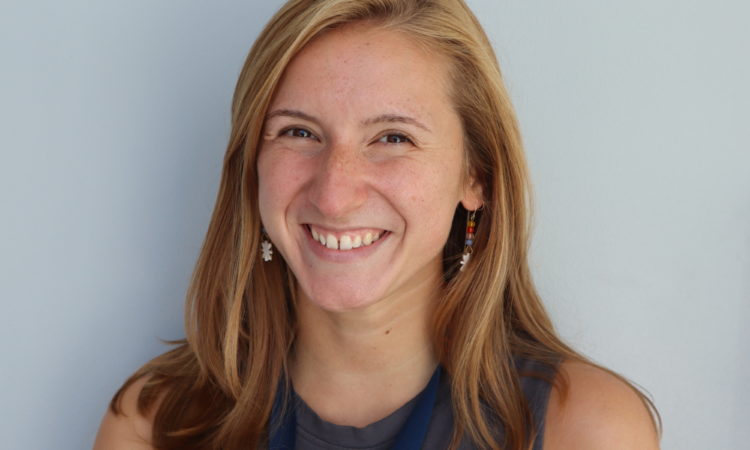
What are Emerging Leaders?
In Emerging Leaders, we believe that leadership is a mindset, not a title. Leadership, like a muscle, can be strategically built and developed over time. Emerging Leaders is a year-long professional development cohort designed for KIPP MA teacher leaders seeking to strengthen their ability to lead strategically, authentically, and equitably. Emerging Leaders meet on a monthly basis to build a shared understanding of foundational leadership principles and contextualize these principles within participant’s roles at their respective schools. Through participation in Emerging Leaders, participants:
-
Strengthen connections with other emerging leaders throughout the organization
-
Strengthen knowledge and skills in leadership domains that are key to being a successful teacher leader and/or school-level leader
-
Deepen self-awareness through a targeted coaching cycle, feedback analysis, and action planning.
-Farida Graham, Managing Director, Teacher & Leader Development
KIPP Academy Lynn teacher, Zoe Harvan, shares her story.
“I come to my role as an educator as the daughter of two public-school teachers and as a child who loved school. By the latter, I mean I always felt celebrated by my schools, a feeling that was shaped by many privileges. In fourth grade, my parents were able to send me to private school, which catered to a mostly white, wealthy student body. While I sometimes felt uncomfortable as a student on financial aid, I easily acclimated and grew to love it there very quickly. That first year at my new school, I remember thinking of my teacher as truly magical. I still have the tattered copy of The Westing Game she gave me that year, and this gesture, though small, helped solidify my belief in myself as a strong reader and creative writer; she had picked out that challenging, exciting book just for me. When I decided to become an ELA teacher, I knew I wanted to recreate those moments for my students. As someone who had felt so loved by my teachers, I figured that with my love for my students, I would easily be able to do just that.
I saw in my first year teaching, however, that love cannot exist just as a feeling — it must become an action. I struggled to create a positive classroom culture that year and fell short of the vision I had for myself as a teacher. I looked at my students’ experience and could only see how different it was from the positive experience I had had as a student. By not fostering that loving environment, I was contributing to the educational inequity I had aimed to fight against. That year taught me that creating such an environment requires intentionality, sustained practice, regular reflection, and – perhaps most importantly – a strong team. Though I was the clear “weak link” of our team, my colleagues treated me with grace and generosity and modeled a commitment to collaboration and rigorous teaching. Their support for me as a struggling new teacher was a sign of their true love for our students, because they knew that every classroom space needed to be one in which students were safe, supported, and affirmed. This mindset – that every classroom matters, that our students deserve a compassionate and collaborative team of adults – is what has pushed me towards leadership since that first year.
And since that first year, I have seen love show up in our school in countless actions and practices, moves that I had not perceived as a student. As a school, we act with love when we alter our culture systems so that students are treated as the brilliant learners and self-advocates they are. We act with love when we collaborate as colleagues and create a space that feels joyful and inspiring for adults as well as children. As an ELA team, we act with love when we include texts that reflect our students’ identities and writing tasks that allow students to share their unique voice. For me, acting with love looks like critically reflecting on my time as a student and my practice as an educator to ensure I am empowering my students rather than recreating an educational experience that worked for me.
My fifth grade students recently created a list of ways they have felt in their favorite classrooms: “welcome, joyful, peaceful, calm, happy, confident, proud, safe, at home, cared for, loved.” We used this list as a basis of how we want our classroom community to feel this year, but I also feel these words serve as the focus of my work each and every year. Every classroom our students experience must be one in which those feelings are deliberately fostered, and it is my role as a teacher and leader to ensure this is the case. Loving school – and feeling loved by your school – is a right, not a privilege.”